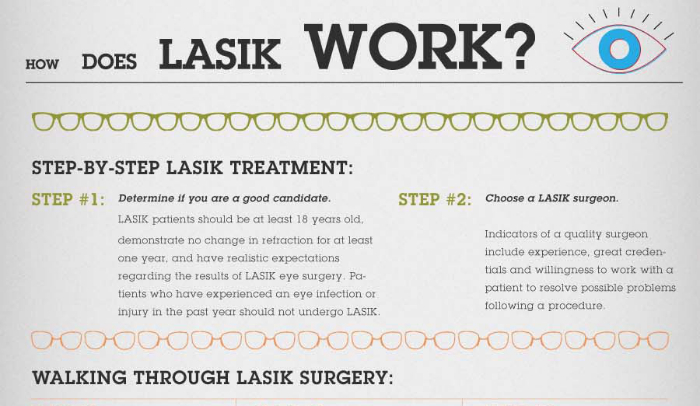The Comprehensive Guide To Refractive Lens Exchange: Essential Information You Need To Know
The Comprehensive Guide To Refractive Lens Exchange: Essential Information You Need To Know
Blog Article
Post By-Valencia Eskesen
If you're taking into consideration refractive lens exchange, you possibly have a lot of inquiries. This procedure can change exactly how you see the globe, providing benefits like decreased reliance on glasses. Nevertheless, it's vital to understand the process, threats, and that qualifies as a great prospect. Let's explore these critical aspects so you can make an educated choice about whether RLE is right for you.
What Is Refractive Lens Exchange and Just How Does It Work?
Refractive lens exchange (RLE) is a surgical procedure made to change your eye's natural lens with a synthetic one, fixing vision concerns like nearsightedness, farsightedness, or presbyopia.
During the procedure, your cosmetic surgeon makes a little laceration in the eye, removes your all-natural lens, and inserts an intraocular lens (IOL) tailored to your vision needs. This outpatient surgery typically takes around 15 to thirty minutes per eye and is executed under neighborhood anesthetic.
You'll likely discover renovations in your vision nearly instantly, though total recovery might take a couple of weeks. RLE is especially valuable for those over 40 or with high prescriptions, offering a resilient remedy contrasted to glasses or contact lenses.
Your eye treatment professional can assist determine if RLE is right for you.
What Are the Perks and Dangers of Refractive Lens Exchange?
Picking refractive lens exchange can result in significant improvements in your vision, yet it is very important to evaluate both the benefits and threats prior to choosing.
On the plus side, this procedure can enhance your eyesight by remedying concerns like presbyopia, myopia, and hyperopia. https://www.medicalnewstoday.com/articles/158810 appreciate decreased dependence on glasses or contact lenses, which can greatly enhance their quality of life.
Nonetheless, it's crucial to consider possible dangers. Issues can consist of infection, glare, or halos around lights.
There's likewise a possibility of overcorrection or undercorrection, which might need additional procedures.
That Is a Perfect Candidate for Refractive Lens Exchange?
If you're taking into consideration refractive lens exchange, it is very important to understand whether you fit the account of a perfect candidate. Usually, you may be an excellent prospect if you're over 40, experience presbyopia, or have high degrees of nearsightedness or farsightedness.
It's also critical that your vision is stable, suggesting your prescription hasn't changed significantly in the past year. If you have cataracts or other eye problems, you may take advantage of this treatment too.
However, particular elements, like uncontrolled diabetes or autoimmune illness, could disqualify you. To determine 4 Days After Cataract Surgery , talk to an eye treatment professional that can review your certain situation and advise the best course of action tailored to your requirements.
Verdict
Finally, refractive lens exchange can be a transformative option for enhancing your vision, particularly if you're over 40 or have a high prescription. While the advantages are significant, it's critical to weigh the risks and speak with your eye care professional to figure out if you're a suitable prospect. With the appropriate details and assistance, you can make an educated choice and potentially delight in a life with reduced dependence on glasses.
